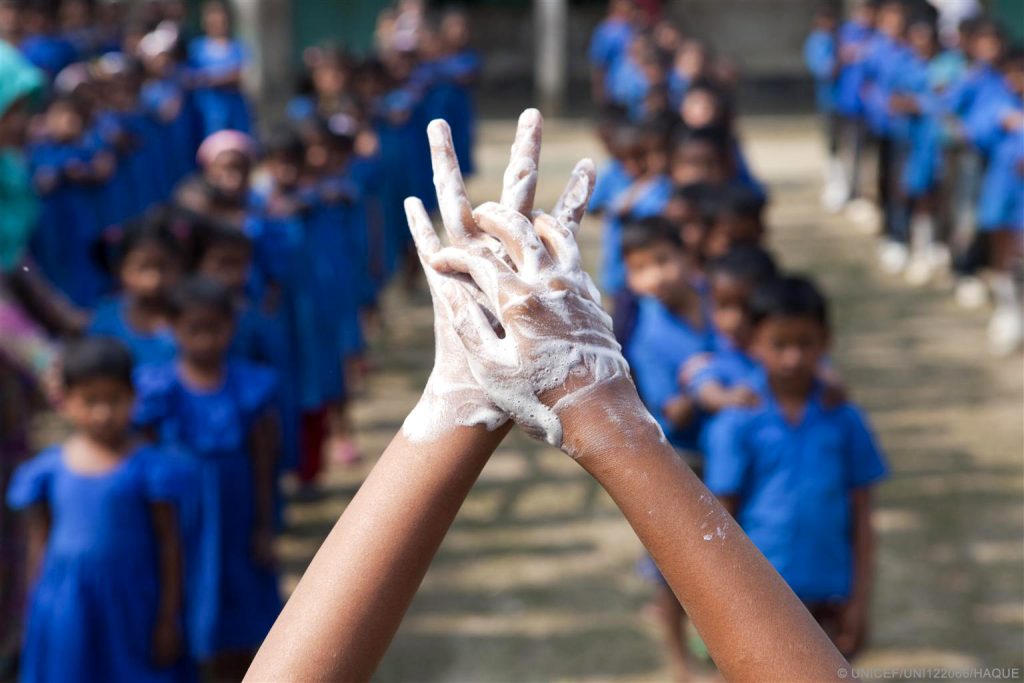This article explores the disease-associated stigma attached to the SARS victims in the post-SARS era of Hong Kong. The author argues that the SARS-associated stigma did not decrease over time. Based on the ethnographic data obtained from 16 months of participant observation in a SARS victims’ self-help group and semistructured interviews, The author argues that the SARS-associated stigma was maintained, revived, and reconstructed by the biomedical encounters, government institutions, and public perception.
This report also provides new insight on how the SARS-associated stigma could create problems for public health development in Hong Kong. As communicable diseases will be a continuing threat for the human society, understanding how the disease-associated stigma affects the outcomes of epidemic will be crucial in developing a more responsive public health policy as well as medical follow-up and social support service to the diseased social groups of future epidemic outbreaks.



